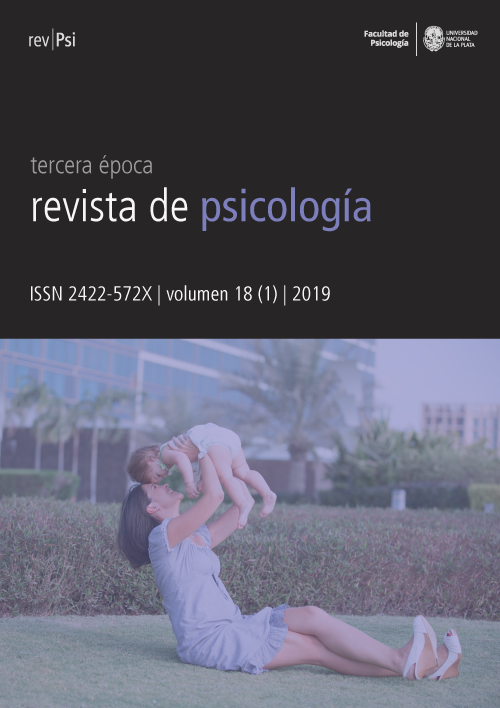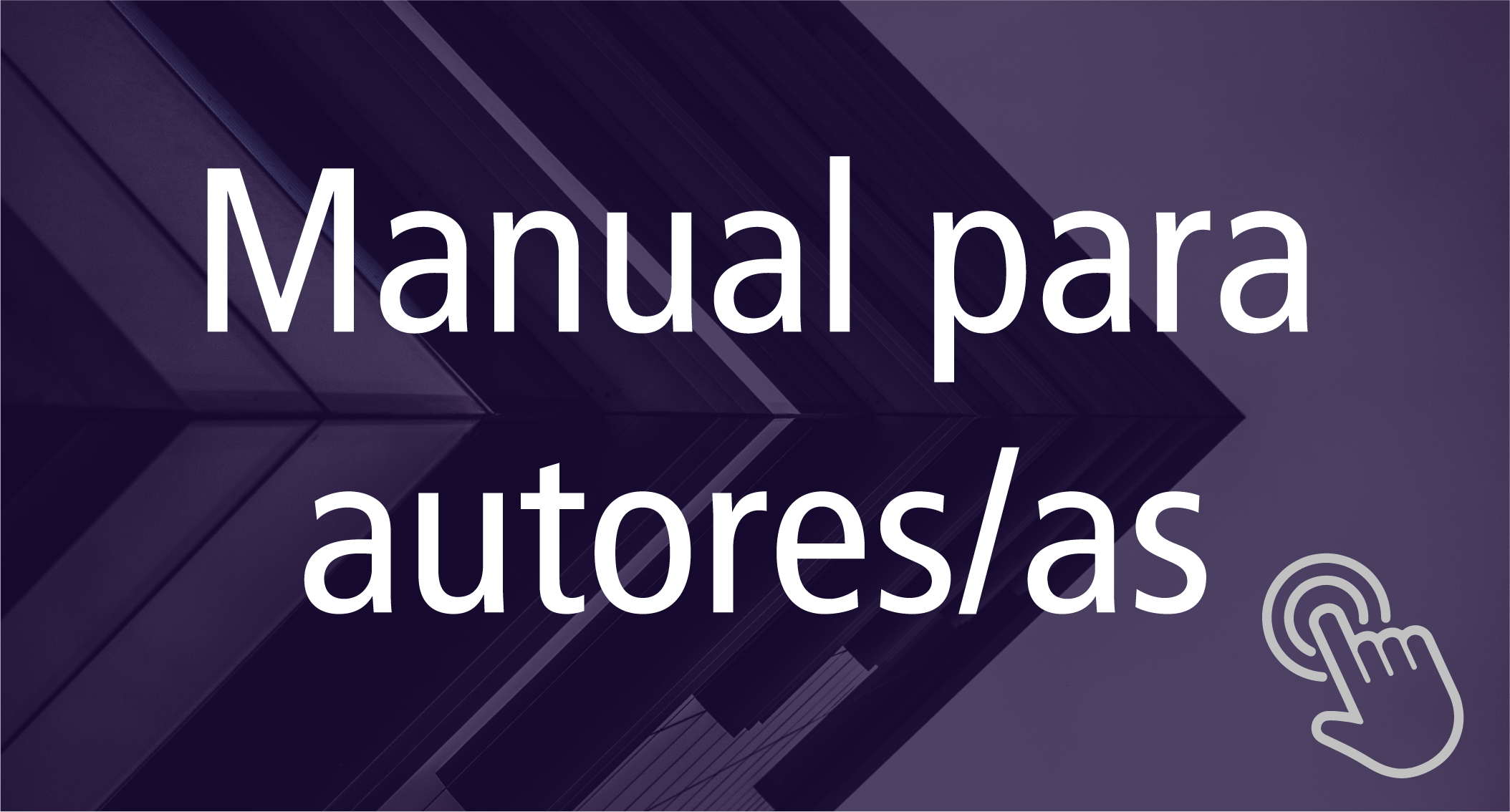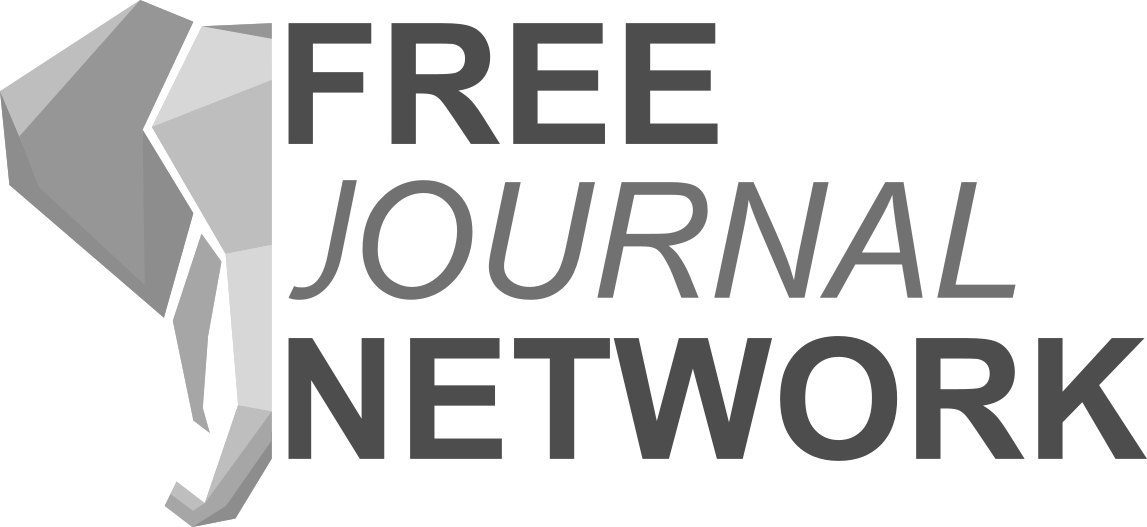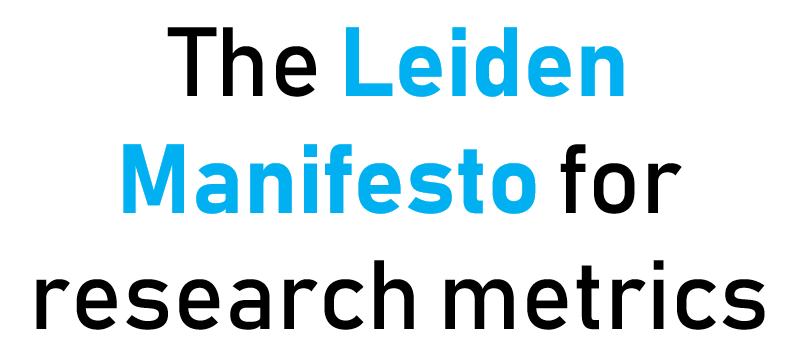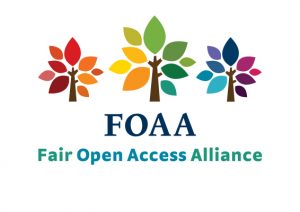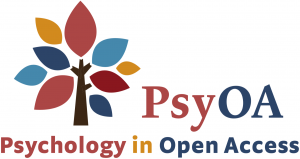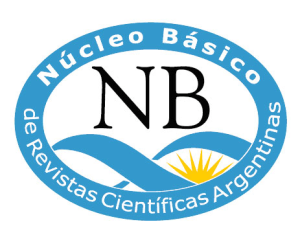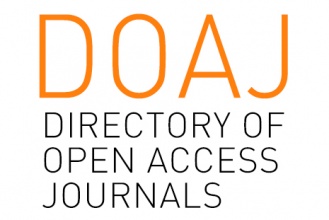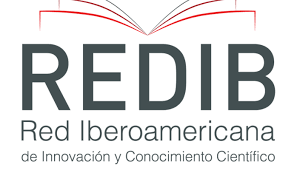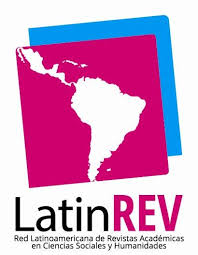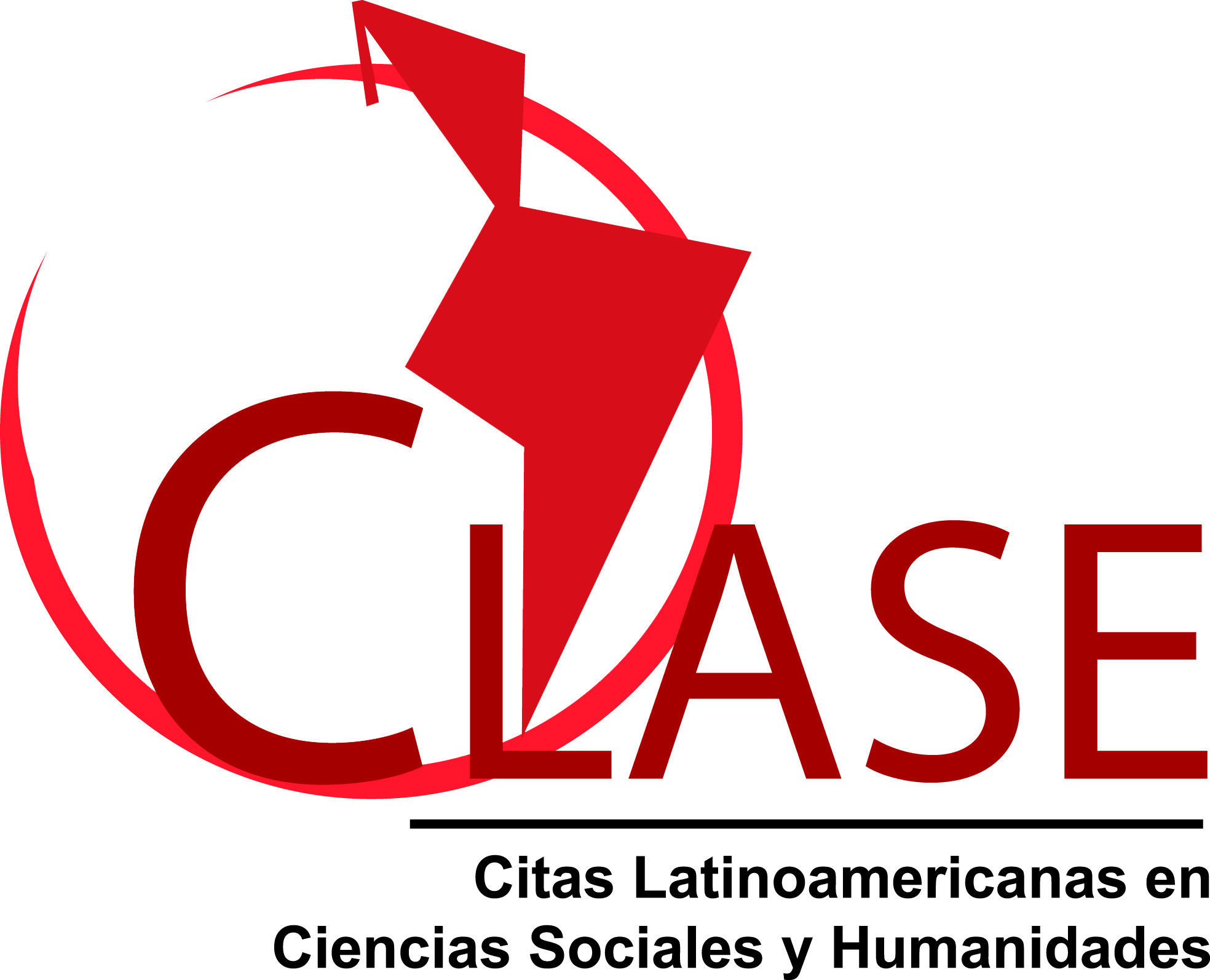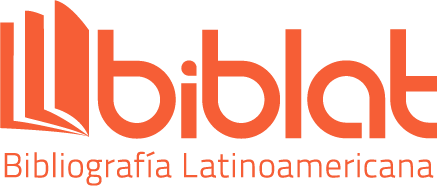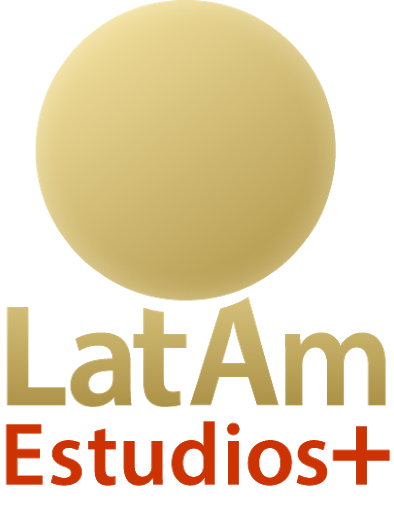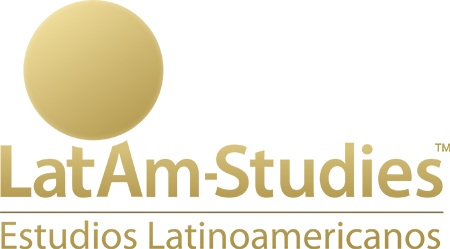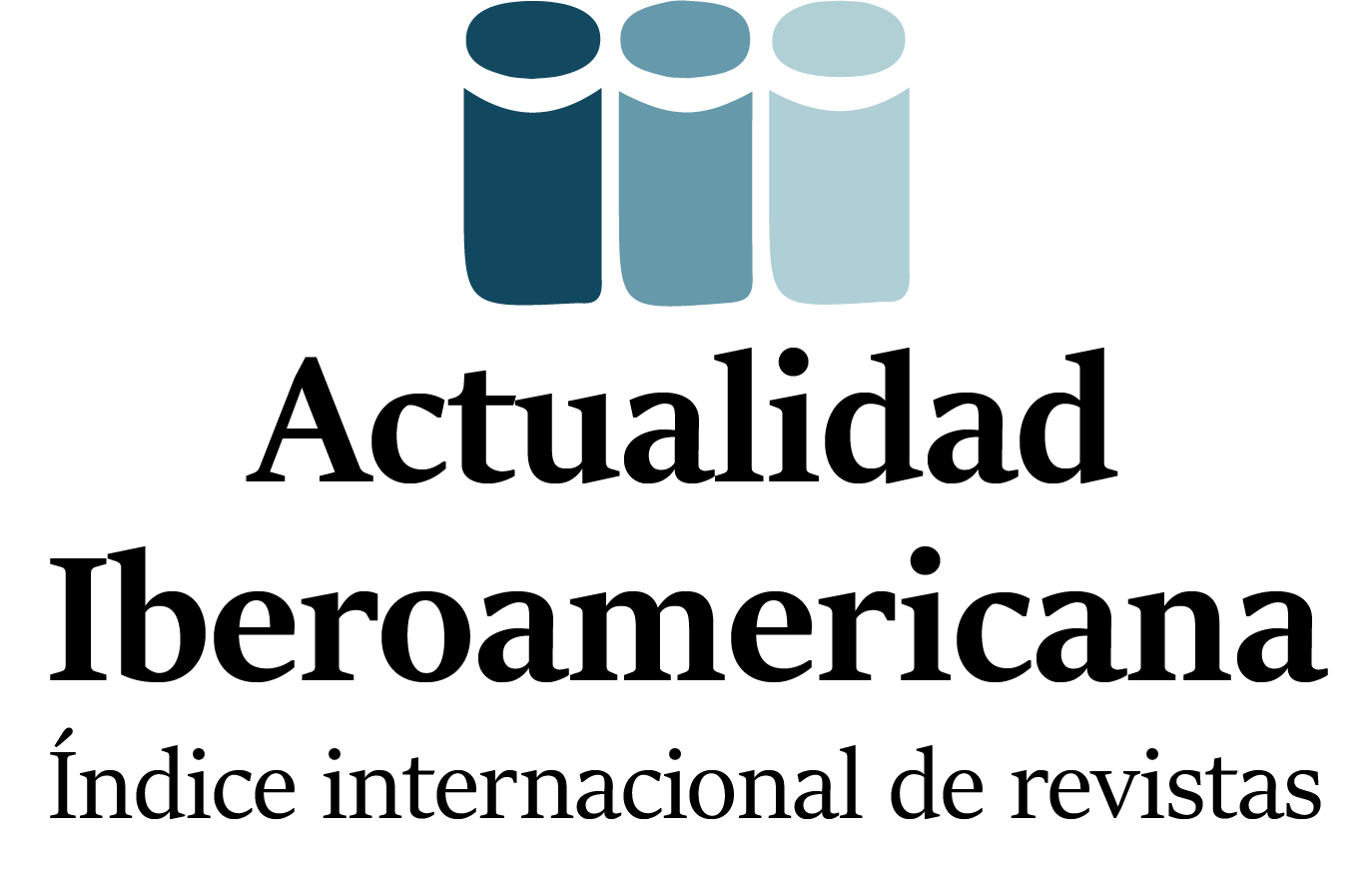From Lacan to Darwin
DOI:
https://doi.org/10.24215/2422572Xe029Keywords:
psychoanalysis, evolutionary psychology, Lacan, DarwinAbstract
This essay has been published in 2005 with the title "From Lacan to Darwin" in The Literary Animal. Evolution and the Nature of Narrative (pp. 38-55), edited by Jonathan Gottschall and David Sloan Wilson, in the city of Evanston, by Northwestern University Press. Joel J. Lorenzatti was in charge of the translation into Spanish. The translator obtained the corresponding non-exclusive and worldwide permission from Northwestern University Press. Permission granted is valid in the Spanish language for the printed and electronic versions.
Copyright © 2005 by Notwhwestern University Press. Published 2005. All rights reserved.
Downloads
Metrics
References
Chomsky, N. (1956). Three models for the description of language. IRE Transactions on Information Theory, 2(3), 13-54. https://doi.org/10.1109/TIT.1956.1056813
Dennett, D. (1995). Darwin’s dangerous idea. New York / Londres: Simon & Schuster / Penguin.
Evans, D. (1996). An introductory dictionary of Lacanian psychoanalysis. Londres / New York: Routledge.
Evans, D. (1998). From Kantian ethics to mystical experience: an exploration of jouissance. En D. Nobus (Ed.) (pp. 1-28). Londres: Rebus Press.
Evans, D. (1999). Introducing evolutionary psychology. Londres / New York: Icon / Totem.
Gallup, G. G. (1970). Chimpanzees: self-recognition. Science, 167, 86-87. https://doi.org/10.1126/science.167.3914.86
Lacan, J. (1953). Some reflections on the ego. International Journal of Psycho-Analysis, 34, 11-17.
Lacan, J. (1972/1975). Le Séminaire: Livre XX. Encore. París: Seuil.
Lacan, J. (1953/1977). The function and field of speech and language in psychoanalysis. En A. Sheridan (Trans.), Écrits: A Selection (pp. 30-113). Londres: Tavistock.
Lacan, J. (1949/1977). The mirror stage as formative of the function of the I as revealed in psychoanalytic experience. En A. Sheridan (Trans.), Écrits: A Selection (pp. 8-29). Londres: Tavistock.
Lacan, J. (1953/1987). The Seminar: Book I. Freud’s Papers on Technique. 1953-1954. (J. Forrester, Trans.). Cambridge: Cambridge University Press.
Lacan, J. (1954/1988). The Seminar: Book II. The Ego in Freud’s Theory and in the Technique of Psychoanalysis. (S. Tomaselli, Trans.). Cambridge: Cambridge University Press.
Miller, G. (1956). The magical number seven, plus or minus two. Psychological Review, 63, 81-97. https://doi.org/10.1037/h0043158
Newell, A. y Simon, H. (1956). The logic theory machine. IRE Transactions on Information Theory, 2(3), 61-79. https://doi.org/10.1109/TIT.1956.1056797
Sokal, A. y Bricmont, A. (1998). Intellectual impostures. Londres: Profile Books.
Tooby, J. y Cosmides, L. (1992). The psychological foundations of culture. En J. H. Barkow, L. Cosmides, y J. Tooby (Eds.), The adapted mind: Evolutionary psychology and the generation of culture (pp. 19-137). Oxford: Oxford University Press.
Downloads
Published
How to Cite
Issue
Section
License
![]()
Authors who publish in this journal accept the following conditions:
- Authors retain the copyright and assign the right of first publication to the journal, with the work registered under a Creative Commons attribution license (CC-BY), which allows third parties to use what is published whenever they mention the authorship of the work and the first publication in this magazine.
- Authors can make other independent and additional contractual agreements for the non-exclusive distribution of the article published in this journal (e.g., include it in an institutional repository or publish it in a book) as long as they clearly indicate that the work was published for the first time in this magazine.
- Authors are allowed and encouraged to publish their work on the Internet (e.g., on institutional or personal webpages) before and during the review and publication process, as it can lead to productive exchanges and greater and faster dissemination of published work (see The Effect of Open Access ).

